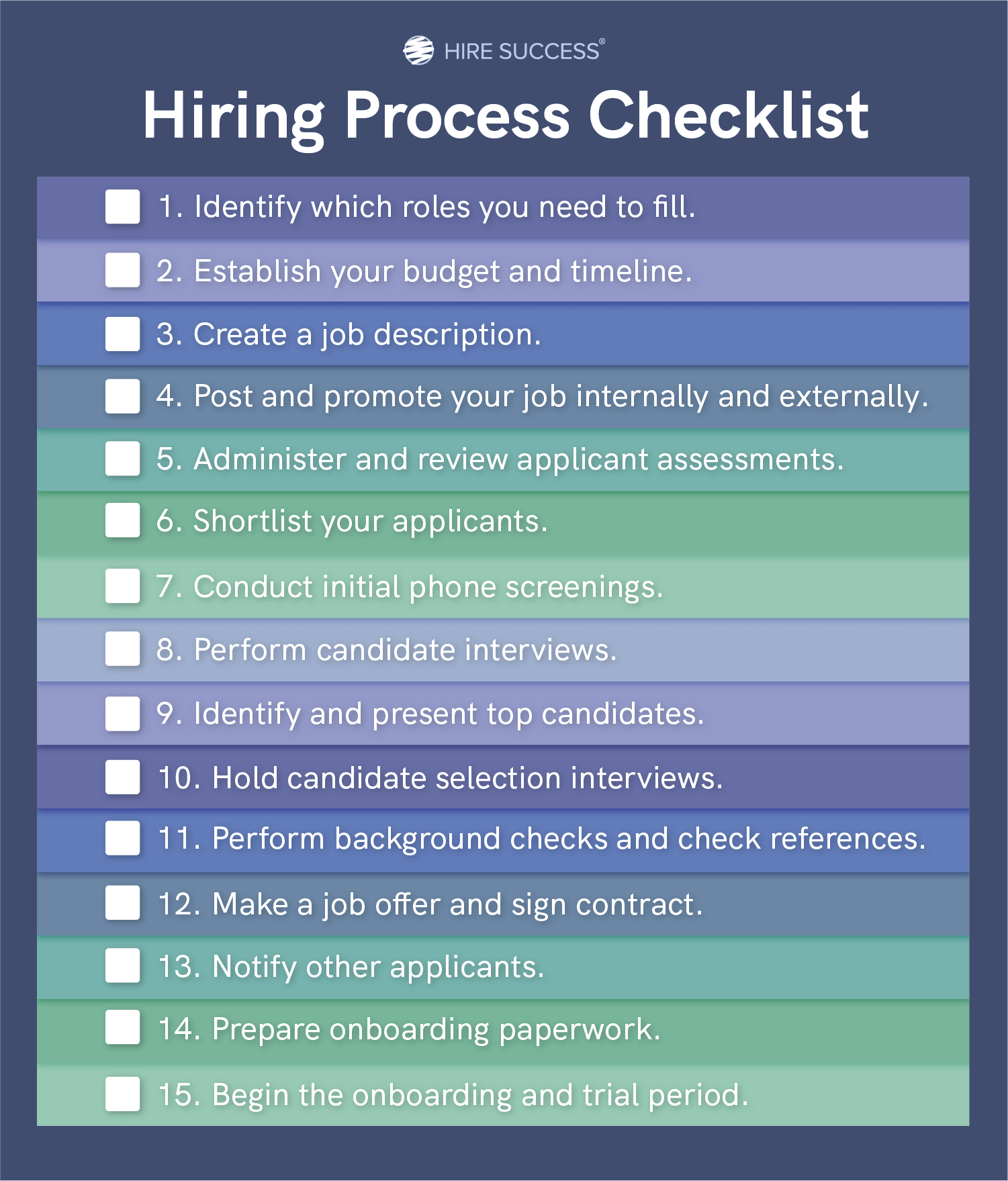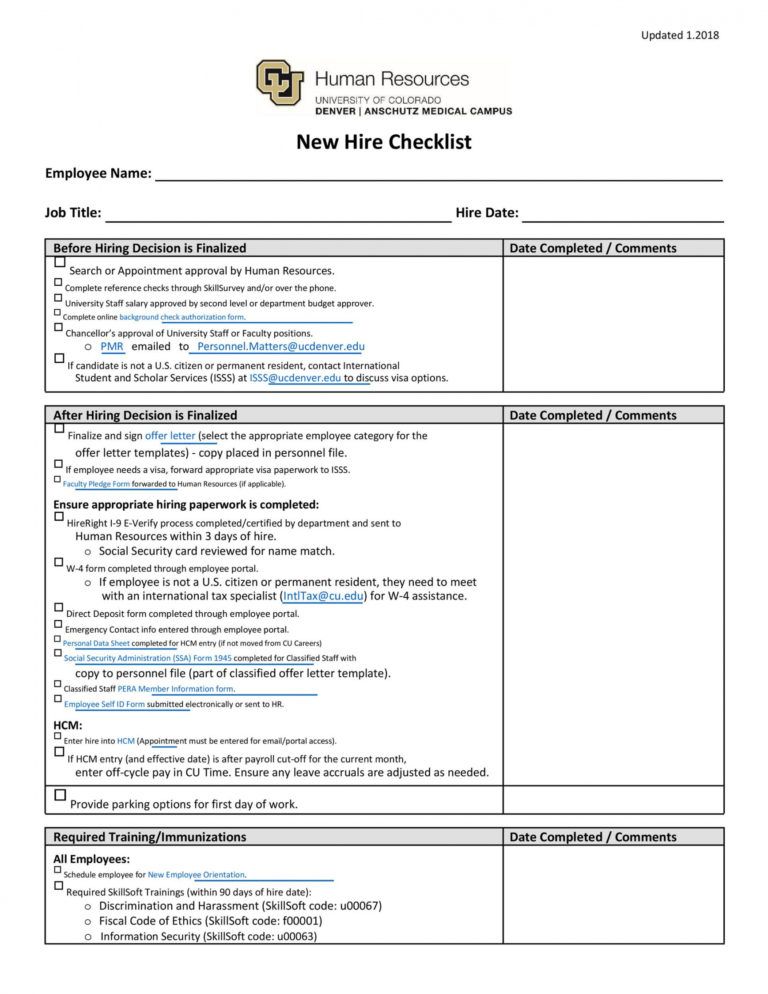5 Essential Pre-Hire Documents You Need to Know

Embarking on the hiring process can feel like navigating a labyrinth for both job seekers and employers. To ease this journey, understanding the essential pre-hire documents is crucial. These documents serve as foundational tools in establishing clear communication, setting expectations, and ensuring compliance with legal standards. This post will delve into the five most critical documents you should be aware of before employment begins.
1. Job Application Form


The job application form is often the first formal step in the hiring process. It not only gathers basic information about a candidate but also:
- Provides a consistent method for collecting essential details like contact information, employment history, and educational background.
- Helps in screening candidates for initial eligibility checks before interviews.
- Enables employers to compare candidates on an even playing field.
2. Candidate Authorization Release Form


This document is essential for:
- Obtaining consent from candidates to perform background checks or reference checks.
- Ensuring compliance with privacy laws by giving candidates control over the release of their personal information.
- Protecting the employer from legal repercussions when conducting necessary employment screenings.
3. Background Check Authorization Form


The background check is a crucial part of the hiring process to verify a candidate’s:
- Criminal record
- Educational credentials
- Employment history
- Financial background (in some cases)
This document grants permission to conduct these checks and is necessary to:
- Ensure the safety and integrity of the workplace.
- Comply with legal and regulatory requirements.
⚠️ Note: Ensure that background checks are conducted in accordance with the Fair Credit Reporting Act (FCRA) in the United States to avoid legal issues.
4. Job Offer Letter


The job offer letter is the official document that formalizes the employment offer:
- Outlines the job title, salary, benefits, start date, and work location.
- Serves as a point of reference for both parties on the agreed terms of employment.
- Can include conditions of employment, like passing a drug test or background check.
5. Pre-Employment Physical Examination Form


In some industries, particularly those with physical demands, a pre-employment physical examination is necessary:
- To confirm that candidates can safely perform the job functions.
- To ensure compliance with health and safety regulations.
- To reduce the risk of workplace injuries by assessing candidates’ physical capabilities.
💡 Note: Ensure the physical examination is job-related and consistent with business necessity, as per the guidelines of the Americans with Disabilities Act (ADA).
As we come to the end of this discussion, let's reflect on the importance of these pre-hire documents. They are more than mere formalities; they are tools that help define expectations, ensure legal compliance, and promote safety and efficiency in the workplace. Each document plays a crucial role in the hiring process, from gathering initial information to formalizing the employment agreement. By mastering these documents, both employers and job seekers can navigate the pre-hire phase with greater confidence and clarity, paving the way for a successful employment relationship.
What is the significance of a Job Application Form?

+
A Job Application Form standardizes the information collected from candidates, making it easier to evaluate them against the job’s requirements and screen them for basic eligibility.
Can an employer conduct a background check without candidate consent?

+
No, an employer must obtain written authorization from the candidate to conduct a background check, as required by laws like the FCRA in the United States.
Is a pre-employment physical examination always necessary?

+
It depends on the job requirements and industry regulations. Not all positions require physical examinations, but they are common in fields involving heavy physical work or safety-sensitive roles.



